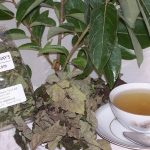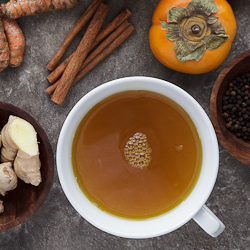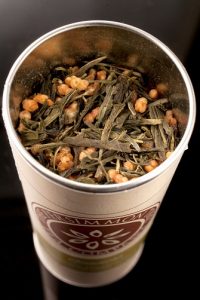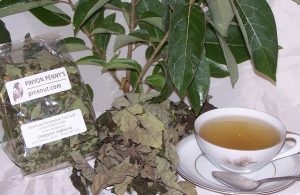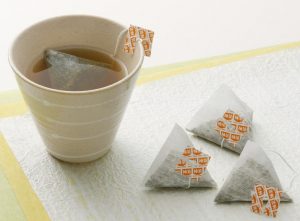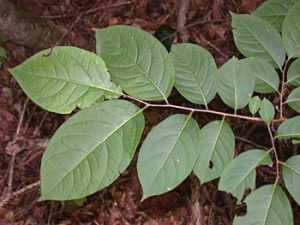Persimmon Tea
Persimmon tea, made from the leaves of persimmon is a caffeine-free, bitter tasting herbal beverage. Modern scientific studies have indicated at its beneficial effects like boosting the metabolism of human health with its vitamin and mineral content.
History and Origin
The usage of this tea came into existence in the hands of ancient Chinese and Japanese people. Later on, it spread through the other parts of Asia like Korea, where the punch prepared from the fruits is known as “sujeonggwa” while the tea made from the dried leaves is known as “ghamnip cha.” According to the traditional Chinese medicine, this concoction is good for several health disorders.
Persimmon Leaf Tea Benefits: What Is It Good For
Immunity Booster
The vitamin C of persimmon leaves helps with the production of white blood cells which act as the protective shield against bacterial, viral and toxic elements, strengthening your immunity power. The antioxidant properties also contribute towards improving the overall health, keeping the body free from diseases.
Aids in Weight Loss
Persimmon leaf tea is thought to act as a great weight loss supplement, due to the presence of phenolic compounds and fiber in the leaves which help in discharging the harmful fat as feces, making the body get rid of unnecessary fat.
For Edema
Betulinic acid, as found in the persimmon leaves is useful for water retention or edema. Through its anti-edematous properties, this compound takes out the edema causing excess fluids from our body.
Anti-Cancerous Properties
While the antioxidants of persimmon tea fight free radicals, the betulinic acid is known for its anti-cancerous properties which can aid in programmed cell death, thus preventing the growth and reduction of the cancerous tumor.
For Allergy
Persimmon tea is enriched with Astralgin and other anti-allergic flavonoids which avert the histamine release and diminish the chance of allergy and inflammation.
Aids in digestion
Like the fruit, the leaves are also rich in fiber, which works towards helping in the proper digestion of food by stimulating the peristaltic motion as well as helping in gastric and digestive juice secretion. Therefore, besides the fruit, persimmon leaf tea may also prove beneficial in keeping digestive disorders like acid reflux, gastritis, and GERD at bay.
Healthy Heart
Persimmon tea boosts the heart’s action in a couple of ways. The flavonoids present in the tea minimizes high blood pressure, reducing the stress of heart. The bioflavonoid, like rutin and potassium found in Persimmon leaves, acts as a vasodilating agent that helps loosen up or widening the arteries so that the blood flow remains smooth, preventing arteriosclerosis.
Other Use of Persimmon Tea
- Spraying cold persimmon tea once in a while is good for your skin since its antioxidant properties prevent premature skin aging by lessening the oxidative stress. You may also add aloe vera gel along with this tea to apply on your face.
How to Make Persimmon Leaf Tea
- Boil one cup of water
- Add one teaspoon of dried persimmon leaves
- Simmer for 10-15 minutes
- Though the tea tends to attain a sweet and sour taste on cooling, you can still add honey for taste
- Strain afterward and serve hot.
Safety and Precaution
Side Effects
There is no side effect of persimmon tea, but avoid consuming it in excess to prevent any adverse health conditions.
For Pregnant and Breastfeeding Women
No substantial evidence has been found indicating whether it’s safe or not for pregnant and lactating women, so, medical consultation is required beforehand.
Where to Buy
You will get the organic persimmon leaf tea (dried leaves and powder) in online or local stores.
References
- http://gourmandeinthekitchen.com/spiced-persimmon-turmeric-tea-recipe/
- http://en.chinaculture.org/chineseway/2014-07/30/content_553582.htm
- https://www.organicfacts.net/health-benefits/fruit/persimmons.html
- http://www.zhion.com/herb/Persimmons.html
- https://www.realsimple.com/food-recipes/browse-all-recipes
Article was last reviewed on 6th December 2022
Related Articles
Leave a Reply
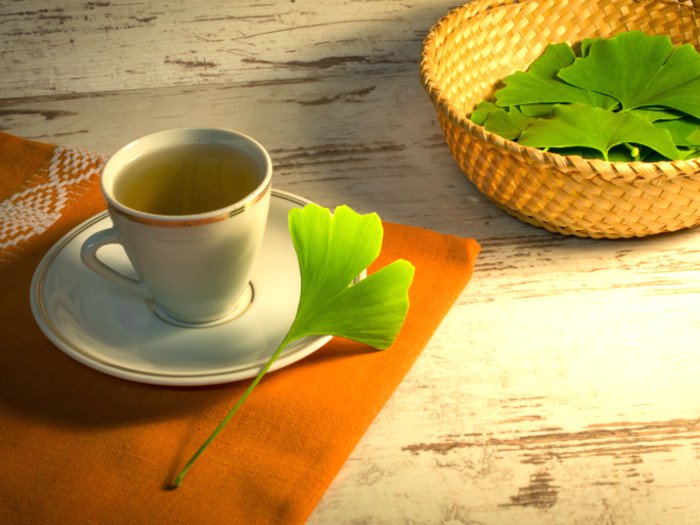
Ginkgo Biloba Tea
The Ginkgo Biloba tea is an herbal infusion obtained from the extract of the dried leaves
Read more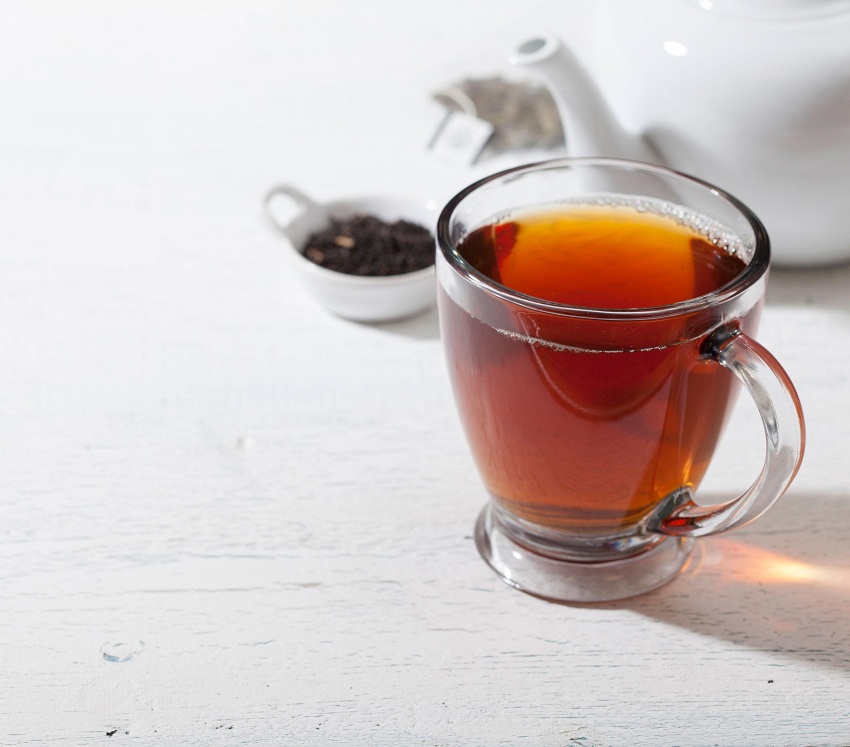
Black Tea
Black tea, belonging to the same group as the green, white and oolong teas is the most oxi
Read more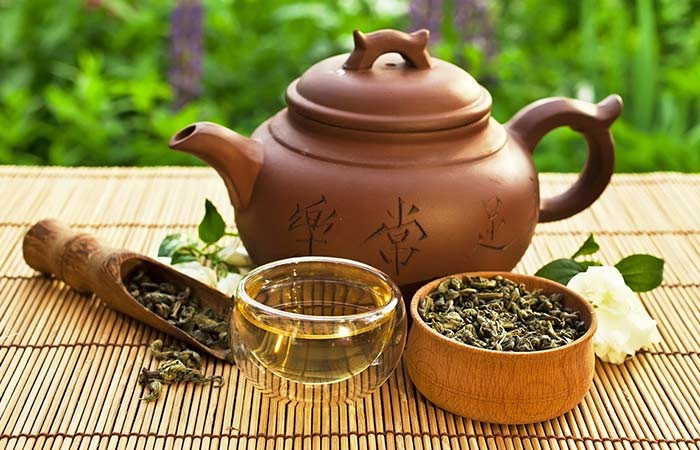
Oolong Tea
What is oolong tea Oolong, a traditional beverage of China, is prepared from the buds, st
Read more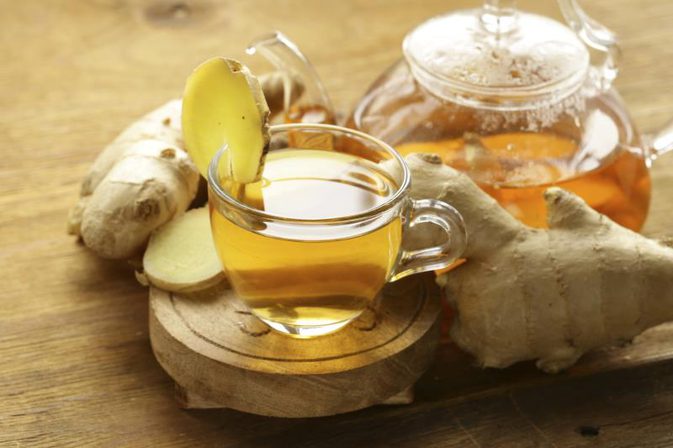
Ginger Tea
Ginger tea, prepared from the roots of ginger, is a popular herbal beverage of Asia. Becau
Read more
